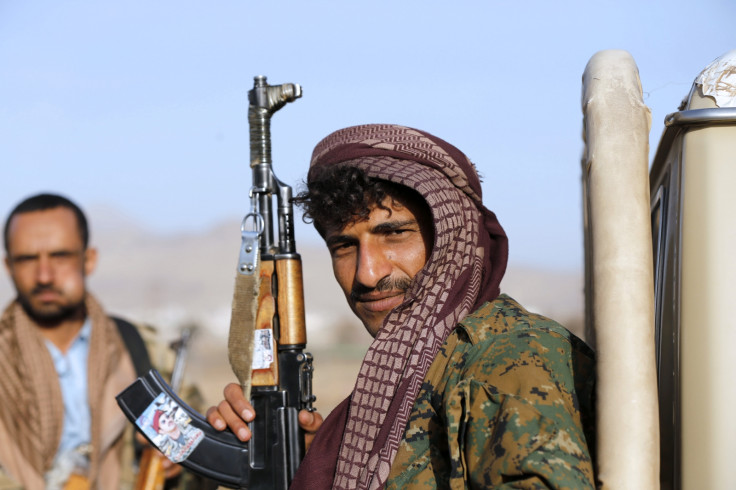Yemen crisis: Who are the Houthis and what do they want?

When the Houthi rebels piled out of their heartlands in the north-west of Yemento seize the capital of Sana'a, few except the most informed Yemen-watchers knew much about the powerful tribesmen who subscribe to a branch of Shia Islam known as Zaidism.
But the Zaidis are no small sect - they make up one third of the population of Yemen and ruled and north of the country for 1,000 years until the early 1960s. Hussein Badr al-Din al-Houthi, the head of the rebel movement and its Saada province heartland, led an uprising in 2004 and has long sought to protect his clan from what some Shias see as an encroachment by Sunni groups.
Their beef [was] about having a say in government, representation and some kind of division of the national resources
It was the rise of al-Qaeda in the Arabian Peninsula and the perception by Al-Houthi that the government of President Abdrabbuh Mansour Hadi was not doing enough to prevent its violent, sectarian views about Zaidi Shias that prompted the Houthis to advance from the north and take Sana'a in 2014. They placed Hadi under arrest and quickly consolidated their rule.
But it was also long-held feelings that the government in Sana'a was not sharing the country's resources evenly since the overthrow of Ali Abdullah Saleh, a Zaidi, in 2011. The Houthis hate Hadi – whose head they recently put a $100,000 bounty on – and kept him under house arrest after taking Sana'a in January until he fled in February. Now Hadi is believed to have left Yemen by boat.
"Their beef [was] about having a say in government, representation and some kind of division of the national resources and the economy that Yemen had, oil production for example. The Houthis had been saying it wanted part of that for a long time. The Zaidis have felt for a long time that they were disaffected and ignored," said Robert McFadden, senior vice president at the Soufan Group.
Iranian involvement
The degree to which the Houthis are being funded by Iran is unclear, although most Yemen watchers believe Tehran is funnelling both weapons and military advice to the rebels. Just like its backing of Lebanese militia group Hezbollah, the Houthis make an excellent proxy on the border of Iran's most significant ideological and geopolitical enemy, Saudi Arabia.
But analysts equally see the hand of Saleh behind the Houthi advance, which may also serve to explain why the Houthis have been willing to spread so far from their north-western heartlands.
In the past, Al-Houthi has said he has neither the capacity nor the desire to take the whole of Yemen but Saleh has ruled the country before and would rule it still if not for the 2011 uprising.
McFadden said this explains how the Houthis were able to take Sana'a in the first place, aided by security forces that still support Saleh.
He said: "Ali Abdullah has always been right there, with elements that remain loyal to him. One of the biggest ingredients is that sig elements of security apparatus remain loyal to him. So they provided no resistance when the Houthis pushed into Sana'a."
© Copyright IBTimes 2025. All rights reserved.






















